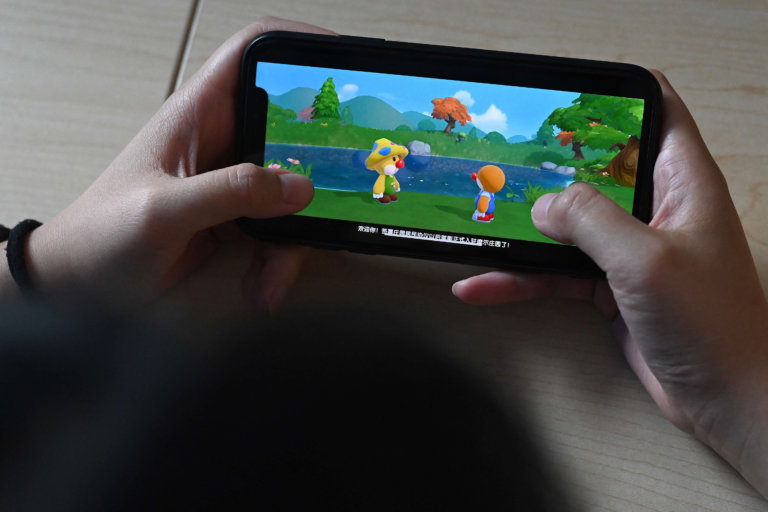
Maths is fun — and online games are proof of this. When young teenagers are seated in front of their gaming devices, they are glued to the exposure presented by online games. When experiencing this constantly, the gaming world tends to feed into their subconscious mind which leads them to have a merged reality with the fictional pixelated world. What if we were to use this augmenting effect in a way that could benefit us instead?
As society becomes more focused and reliant on technology, educational institutions must adapt to meet these changes in order to prepare students for the challenges of the 21st century workplace. Fatigue and lack of interest could easily be the result of “old school” teaching techniques as we step into an era where learning, assignment submission and examinations are increasingly online.
With maths, learners can heighten their aural-visual senses whilst applying problem-solving skills alongside analytical thinking. This is where game-based learning comes in. Here are three games that could help you get better at maths and even have you saying maths is fun in no time:

Maths is fun when made into games. Source: Stephanie de Sakutin/AFP
DimensionM
An immersive game like DimensionM takes you on a journey to challenge and increase curiosity levels amongst learners. The avatar, which in this game is a college student stranded on an island, progresses through a series of missions.
To complete them, you have to answer math questions. The difficulty increases at each level. The secret ingredient to making this game-based learning platform engaging and captivating is suspense.
Prodigy
An amalgamation of challenges and puzzles creates what we know as Prodigy. This platform uses characters that travel on quests either individually or with friends to earn in-game rewards.
Players solve math challenges in quests and receive rewards. Parents and teachers can monitor each player’s progress without having to conduct traditional written quizzes. Since this game is CBSE and ICSE curriculum-aligned, integrating this fun and no-cost game as part of the school’s syllabus allows for a more in-depth progress analysis, especially with the personalised learning path feature.
Math Bingo
Row 1, column 5 – Bingo! Add it with a little spice of mathematical equations before that and you’ve whipped up a game for math learners. Math Bingo is an interesting twist to the original game. Before long, you’ll be saying maths is fun.
Each player has an allocated amount of bingo cards that have answers to mathematical equations. When the leader calls out for a number, an equation would be presented for the learners to solve.
Once players find solve it, they would have to check through the bingo cards for the corresponding answers. The goal is to correctly solve these equations in a short time span to be the first person that calls out “Bingo!”










